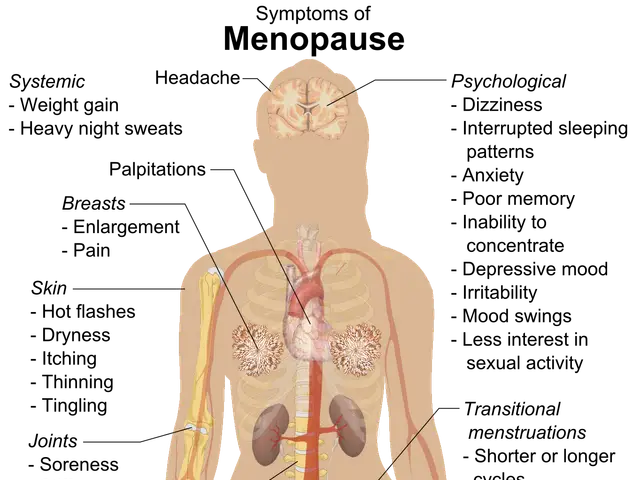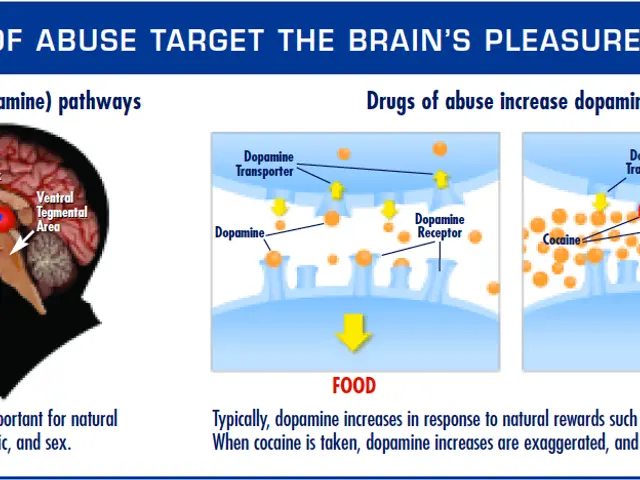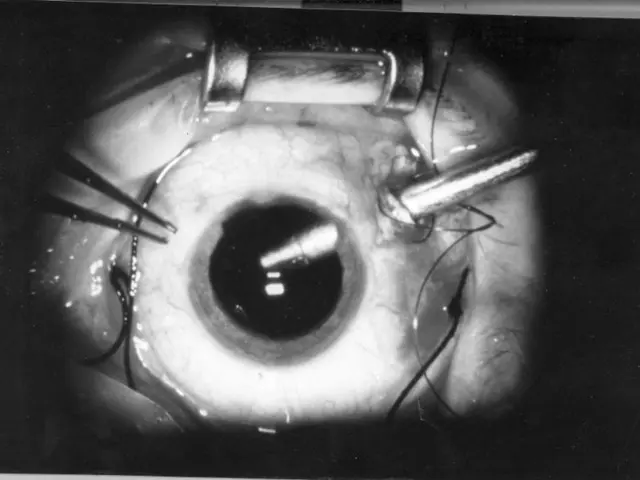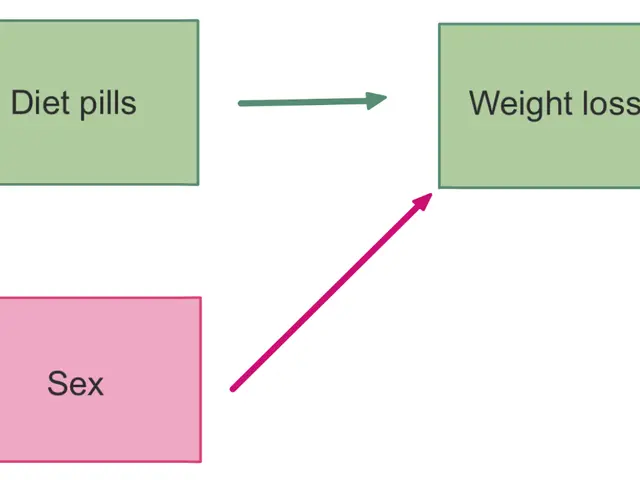Halitosis Exploration: Origin, Identification, and Remedies
Bad breath, or halitosis, is a common concern for many people, with dental hygiene and lifestyle factors often being the primary culprits. However, there are less common causes that require specialized medical evaluation and treatments beyond standard dental care.
In this article, we delve into the less common causes of halitosis, their treatments, and the importance of a multidisciplinary approach to address these complex issues.
### Less Common Causes of Halitosis
Halitosis can be a symptom of various underlying conditions, such as sinus and respiratory infections, digestive disorders, systemic diseases, and oral inflammatory conditions. Chronic sinusitis, bronchitis, or post-nasal drip can cause foul breath due to bacterial overgrowth and mucus drainage. Conditions like inflammatory bowel disease (IBD), including Crohn’s disease, and other gastrointestinal problems may manifest oral symptoms such as halitosis. Diabetes, liver or kidney disease can produce distinctive bad breath odors due to metabolic changes in the body. Oral manifestations of diseases like orofacial granulomatosis (OFG), often linked with Crohn’s disease, may also contribute to bad breath.
### Treatments Beyond Oral Hygiene and Lifestyle
Treating halitosis that is unresponsive to oral care changes may require medical management of underlying causes. For example, treating sinus infections or gastrointestinal disorders may resolve halitosis. Diet management, nutritional support, and immunotherapy are some approaches for managing digestive disorders. Inflammatory oral conditions may require exclusion diets, steroids, or immunosuppressants. Optimizing control of systemic diseases like diabetes or kidney failure can lessen associated halitosis.
### A Multidisciplinary Approach to Treat Halitosis
In all cases, a multidisciplinary approach may be necessary to address the complex causes of halitosis beyond typical dental care. Consulting with specialists such as ENT doctors, gastroenterologists, or internists is advisable to diagnose and treat these less common causes effectively.
If you are experiencing persistent bad breath despite good oral hygiene and lifestyle modifications, it is essential to seek medical advice to rule out these less common causes. Regular brushing, flossing, and hydration are the best treatments for bad breath, but a multidisciplinary approach may be necessary for more complex cases.
Sources: [1] Fanelli, F., & Fanelli, F. (2019). Oral manifestations of systemic diseases. Dental Clinics of North America, 63(4), 667-681. [2] Kim, D. H., & Chung, H. J. (2018). Oral manifestations of inflammatory bowel disease. Yonsei Medical Journal, 60(1), 10-17. [3] Loesche, W. J. (2019). Halitosis: causes, diagnosis, and treatment. American Journal of Dentistry, 36(3), 189-196.
- The macular, a lesser-known cause of halitosis, can be indicative of underlying sinus or respiratory infections.
- Predictive science suggests that certain medical-conditions, such as inflammatory bowel disease, may present oral symptoms like halitosis.
- Depression in the macula of the eye isn't directly related to halitosis, but maintaining mental health is essential for overall health-and-wellness, which can indirectly influence oralhealth.
- In the case of age-related degeneration like Alzheimer's and COPD, halitosis may be a side effect due to changes in diet or other factors associated with these conditions.
- Science has shown that therapies-and-treatments for skin-care and fitness-and-exercise can indirectly contribute to improved oralhealth and reduced risk of gumdisease.
- AQ, an index used to measure air quality, doesn't affect halitosis directly, but since poor air quality can lead to respiratory issues, it might indirectly impact halitosis through this connection.
- In situations where halitosis persists despite good oral hygiene, it might be predictive of systemic diseases like diabetes, liver, or kidney disease.
- Consulting specialists such as ENT doctors, gastroenterologists, or internists can help address the multidisciplinary aspects of complex halitosis cases that extend beyond typical dental care.
- Nutritional management, often used in the treatment of gastrointestinal disorders, can be instrumental in resolving halitosis when it's unresponsive to standard oral care.







